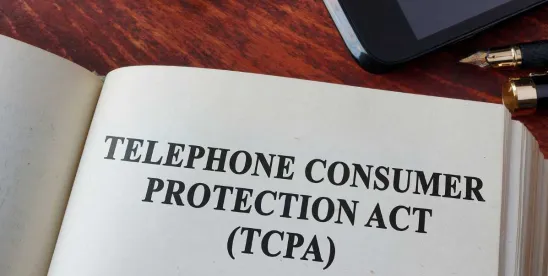Intriguing one out of Florida for you today.
In Lawson v. Visionworks, 2024 WL 3491125 (M.D. Fl. July 19, 2024) a court refused to honor an FCC-created healthcare exemption in the context of a TCPA suit brought for violation of DNC rules.
A while back the FCC created two different exemptions in favor of healthcare providers. One–the exigent exemption–allows a healthcare provider to message without any level of consent. The second–the general exemption–applies anytime a healthcare provider is messaging related to healthcare needs at all. The second exemption is an incomplete exemption–some level of consent is still needed, but express written consent is not required.
In Lawson the Plaintiff alleged that no consent existed because the messages were true “solicitations” under the CFR. The Court agreed with the Plaintiff–although the analysis was pretty thin. Rather than address the lack of consent, the court simply determined the exemption created by the FCC only applies to 227(b) claims and not 227(c) claims–which is an interesting way of framing the issue, but also theoretically correct since 227(c) claims can only arise in the absence of consent.
Also important, the Court determined a message reminding a consumer they are overdue for an eye exam CAN BE marketing. Sure, advising of the eye exam might be informational but the message was a pretext to bring the consumer in for an examine so that the Defendant could sell goods and services. Classic “dual purpose” situation. And dual purpose calls have long been treated a marketing by the courts.
The Court also rejected the defendant’s argument that “stop again” does not constitute a valid revocation because Lawson didn’t just say “stop.” Interestingly the Court rejected this argument faxtually–finding the allegations of the complaint sustain an inference that plaintiff did say just “stop”–as opposed to legally–leaving open the door that “stop again” might not be sufficient as a matter of law.
So there you go. Healthcare providers need to be cautious here. Messages related to healthcare STILL require some level of consent unless they are being sent for imminent health need reasons.




 />i
/>i
